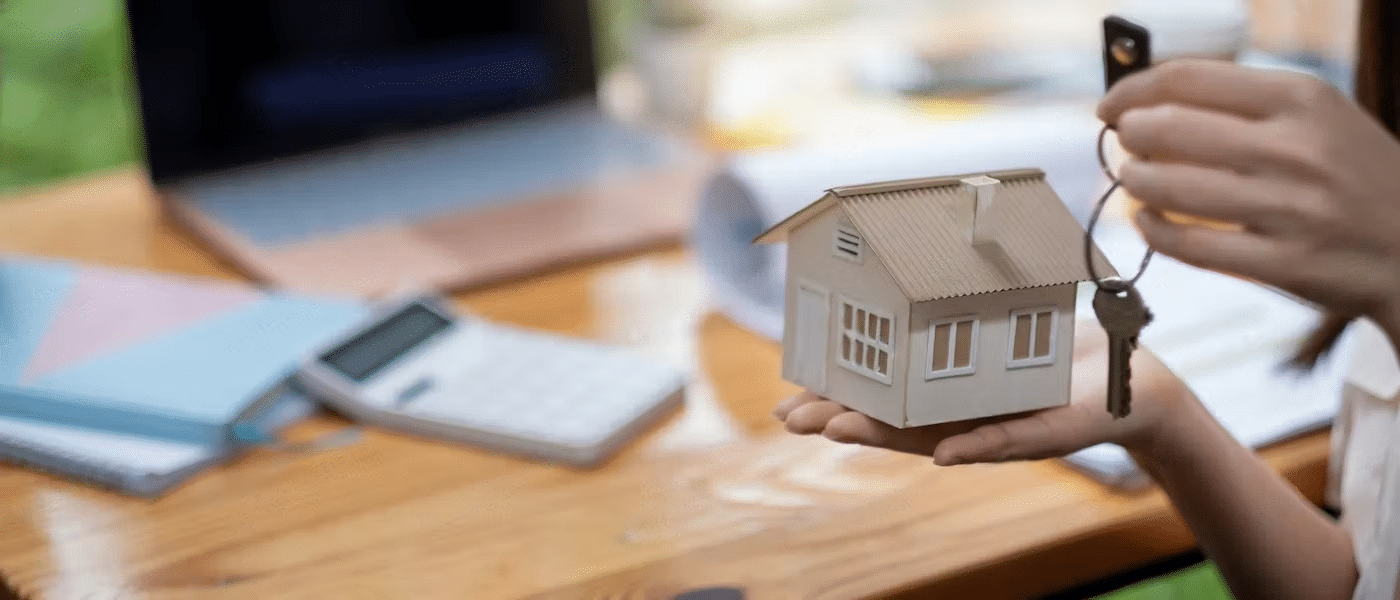
Business property is any tangible or intangible asset owned by a business. This includes physical assets such as buildings, equipment, furniture, and vehicles; intangible assets such as intellectual property like trademarks, copyrights, patents, goodwill, and brand recognition; and financial assets such as cash, stocks, bonds, and accounts receivable. The business property also includes the rights associated with these assets, such as the right to use them or transfer them to another party. To maintain their value, businesses must protect their property from theft or damage.
Types of Business Property

Real Property: Real property is any physical asset owned by a business, such as buildings, land, and equipment. This type of property can be bought or leased and is typically used to produce goods or services.
Personal Property: Personal property includes any tangible assets owned by a business that is not real estate. Examples include furniture, vehicles, computers, machinery, tools, and inventory.
Intangible Property: Intangible property consists of non-physical assets such as intellectual property (trademarks, copyrights, patents), goodwill (the reputation of the company), brand recognition (the public’s perception of the company), and financial assets (cash, stocks, bonds). These types of assets are important for businesses because they can provide competitive advantages in the marketplace.
How Business Property Affects Business Value
Business property can have a significant impact on business value. Whether it is an office, warehouse, or farmstead, these parcels of land can provide a valuable asset for businesses. To maximise the value of these properties, businesses should consider how they use and trade space within them. Additionally, they should consider the importance of maintaining good property management and safety practices.
Selling Business Property

What are some key strategies for selling a business property? In today’s economy, selling business property can be a profitable endeavour. Here are a few tips to help you succeed:
1. Make an informed decision when buying business property. When gauging the value of a given enterprise, ask around and do your homework. Understand what kind of programming and support services are available and the potential taxes that may apply.
2. Consider marketing your property. One important strategy for selling business property is to market it using traditional advertising, brochures, and brochures campaigns. Use Lexusmarketing to reach out to interested buyers in your target markets – these companies can help you target potential investors with accurate information about the businesses in question.
3. Get involved with the community.
How Business Property Affects Business Taxes
Business property tax is a taxable event that affects businesses in many ways. For example, if a business owns a property used in their business, such as an office or factory, the business may be taxed on that property’s income and sales taxes. Additionally, any gain or loss from the sale of business property can also be taxable.
Property Taxes by Localities
Property taxes are a significant revenue source for many United States municipalities. Businesses that own property within a municipality pay property taxes on that property’s value, while businesses that do not own property within a municipality pay nothing. In most cases, businesses with a physical presence within a municipality pay more than businesses without a physical presence within the municipality. This tax discrepancy can be significant and can add up over time.
To help make sense of this discrepancy, some municipalities have also begun to levy business property taxes. This levy differs from the individual property tax levied on personal residences, and it may be more appropriate for larger businesses with more than one building. Businesses with properties in multiple municipalities may find it harder to determine which local government will collect their tax dollars because each municipality has its own taxing code.
Depreciation on Business Property
Business property, such as an office building or manufacturing plant, can be depreciated over time. This means that the property’s value is reduced over time, which affects business taxes. Depreciation on business property is a key part of tax planning for businesses. When properly calculated and reported, depreciation can help reduce your business taxes. However, be sure to understand the applicable depreciation rates and how they affect your bottom line.
Expenses for the use of Business Property
Businesses use business property to conduct their business activities. This property may also be used for storage, office space, or other uses. When these uses are not allowed on the property that is leased to the business, taxes must be paid on this property. Tax laws vary from country to country, so it is important to consult with a tax professional in order to determine the proper taxation for your particular business.
Keeping Records on Business Property
Business property, such as an office or home, affects business taxes in several ways. For one, using the property can provide an owner with taxable revenue. Additionally, the property’s value may be impacted by any state or federal taxes that may be owed to it. Finally, since the business property is owned and used by businesses, it is important to keep accurate records on it so that tax penalties and interest payments can be calculated and paid.
Conclusion
There are a variety of reasons why businesses might want to own property. Perhaps the most common reason is that it can be used as a place to store or use equipment. Additionally, some businesses may find it helpful to have a location where they can reach a large audience, such as a restaurant. Whatever the business reasons, owning property is an excellent way to increase security and protect assets.
Was this article helpful? Let us know in the comments.
FAQs
What are the six types of property?
Depending on its general use, real estate can be classified as residential, commercial, agricultural, industrial, or special purpose. Understanding which rights you own in your home is crucial to understanding whether you can sell it.
Is it worth buying commercial property?
There is a lot of debate about the pros and cons of buying commercial property. Some people feel it is an incredible investment, while others believe it’s not worth the time and money. Ultimately, there is no right or wrong answer to this question, as it depends on your individual needs and preferences. If you are interested in learning more about the pros and cons of commercial property, be sure to check out our latest blog post on the topic.
Which type of real estate is most profitable?
There is no one answer to this question, as profitability depends on the type of real estate being sold. Some real estate investors may prefer to sell property in high demand, while others may prefer less in demand. Ultimately, the best way to determine which type of real estate is most profitable for you is to do your own research and consult with a financial advisor.






